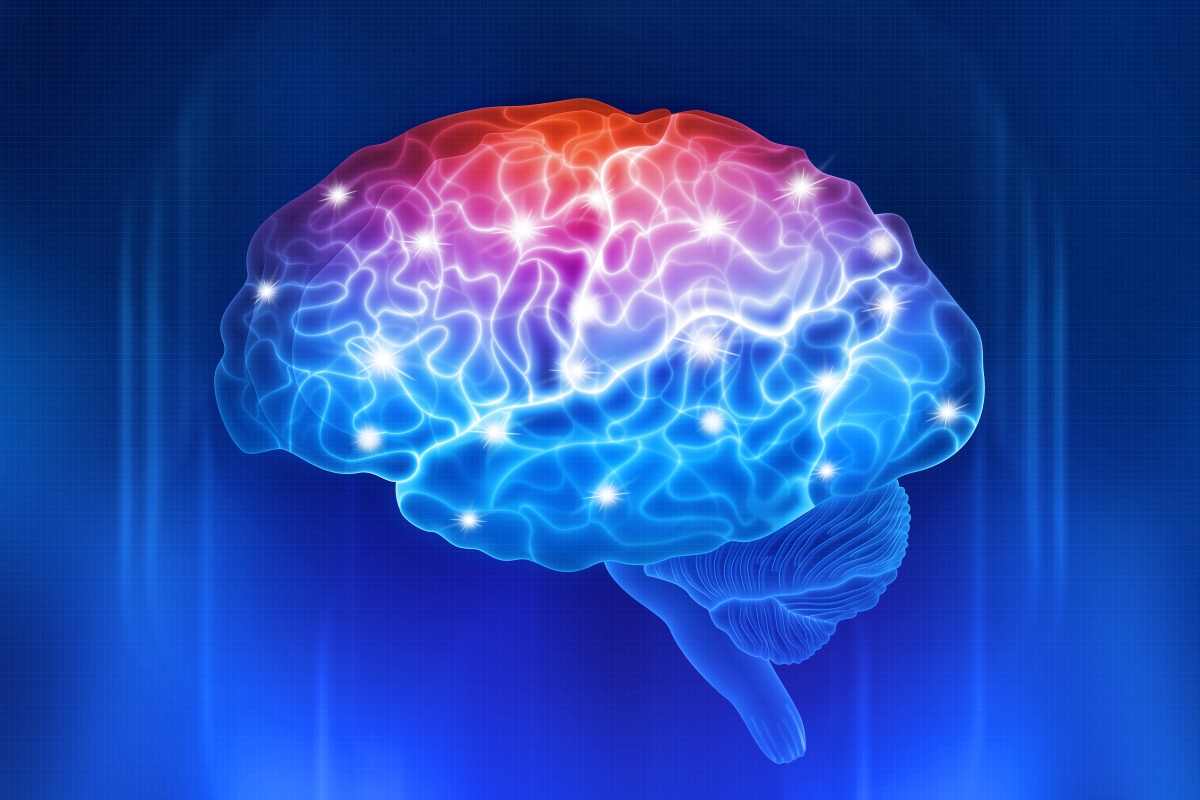Hippocampal-dependent appetitive control is impaired by experimental exposure to a Western-style diet
Stevenson et. al (2020) randomly assorted a sample of 110 healthy lean adults to either a one week western-style (WS) diet intervention or a habitual-diet control group, to examine if the rapid impairments in hippocampal function and poorer appetite control seen when animals were fed with a WS diet can be replicated in humans. Measures of hippocampal-dependent learning and memory (HDLM) and of appetitive control were obtained pre- and post-intervention, as well as at the 3-week follow up for HDLM. HDLM performance and appetite control were lower in the WS-diet group compared to the control but HDLM was indifferent at the follow up and the appetite control was found to be strongly correlated with the HDLM decline. The findings from this study indicate a WS diet can rapidly impair appetite control which could ultimately promote overeating, and also suggests a functional role of the hippocampus in appetite control in addition to providing new evidence for the adverse neurocognitive effects of a Western-Style Diet. [NPID: brain, Western-style diet, WS diet, hippocampus, appetite control, learning, memory, HDLM, hippocampal-dependent learning and memory, overeating]
Year: 2020
 Navigation
Navigation






